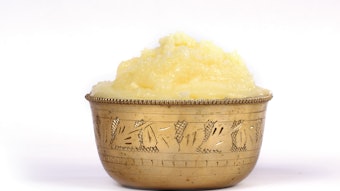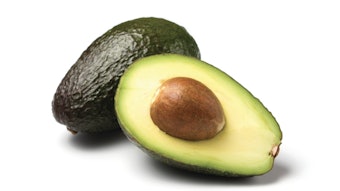
Darker skin tones do not translate to lesser risk of skin cancer—a misperception that is leading to rising rates of the disease in the Hispanic population. The myth of “built-in” sun protection has led to a higher rate of locally advanced skin cancer in Hispanic patients over Caucasians, a growing trend.
Patients with darker skin tones are also more vulnerable in areas less likely to be protected from the sun, such as palms, soles, inside the mouth and under nails, according to Maritza I. Perez, M.D., Ichan School of Medicine clinical professor of dermatology.
“I always say that the only healthy tan is the one you are born with. All skin types should be encouraged to adopt safe sun practices.” —Antonio P. Cruz, M.D., of SkinPros.
Delays in diagnosis also lead to more challenging skin cancers—especially melanoma, the survival rate of which drops from 98% to 91% once the patient reaches the T1B stage. Other significant issues are basal cell carcinoma diagnoses, which Hispanic patients typically develop less often than others but later in life. Other misguided practices, for all ethnicities, include getting a “base tan” at a tanning booth in order to protect against the sun.
“I always say that the only healthy tan is the one you are born with. All skin types should be encouraged to adopt safe sun practices. It starts with building awareness about the skin cancer risks that are real in this population in addition to educating on sunscreen use and protective clothing,” said Antonio P. Cruz, M.D., of SkinPros.
Reaching Out
Skin cancer diagnoses can come as a surprise for Hispanic patients, as opposed to those with lighter skin and a family history of skin cancers.
"It is all about education and building awareness in Hispanic populations. At a smaller scale, we encourage our Hispanic patients to visit the practice for regular skin checks. Those patients whom I have already treated have been able to spread the word that they are not immune. It is a reality for individuals with all skin types," said Cruz.
Along with the American Academy of Dermatology’s Latino Outreach Program—which utilizes its free SpotMe screening program to help spread awareness about skin cancer detection and prevention to low-income Latino outdoor workers, other organizations have stepped up their programming to help communities of color to better prevent and detect skin cancer, such as IMPACT Melanoma.
“As part of our national expansion, we are committed to serving populations across the country. We are in the process of launching a Spanish version of our award-winning Your Skin Is In program to better serve communities who need to receive safe skin messaging,” said Meghan Rothschild, IMPACT Melanoma marketing and PR manager.
Read more about rising skin cancer rates in Hispanic patients at dermatologytimes.com.
Want to learn how to screen for suspicious moles while performing skin care and salon services? Attend IMPACT Melanoma Skinny on Skin Certification Classes at either Face & Body Northern California or Southeast Spa Conference & Expo.










